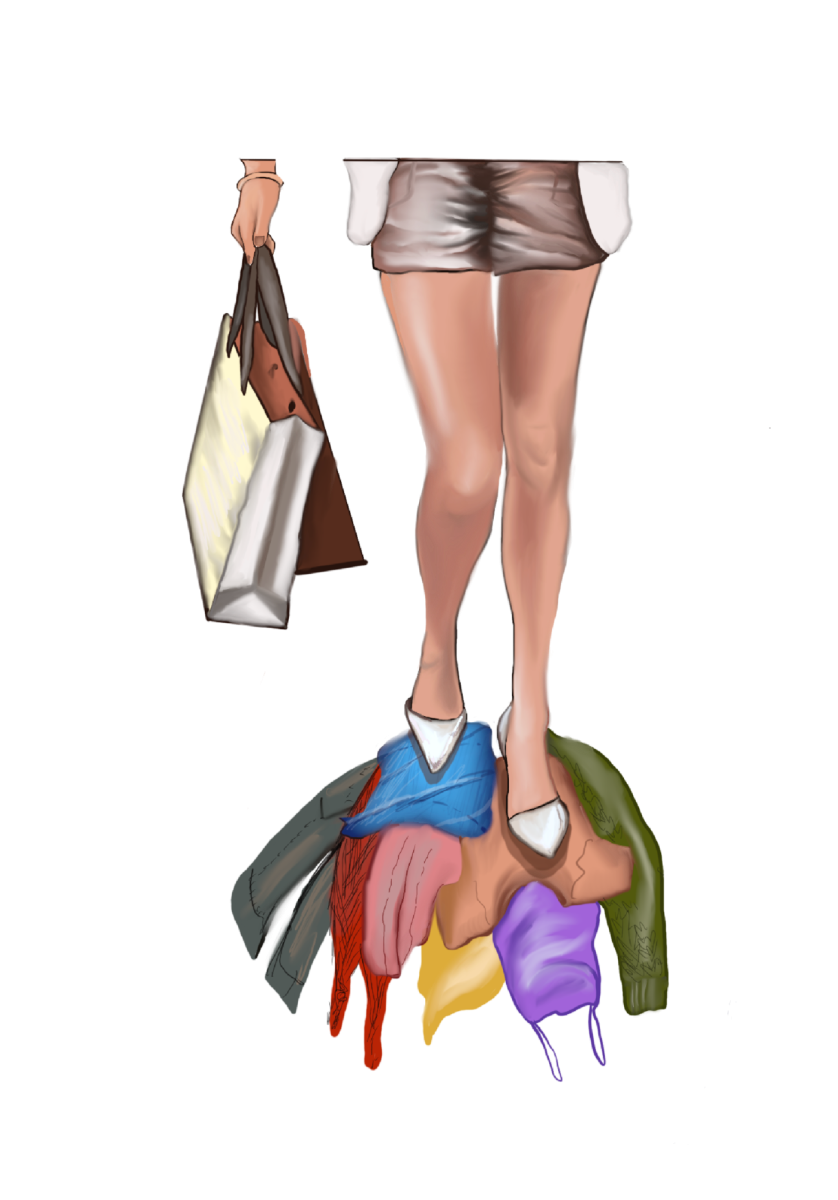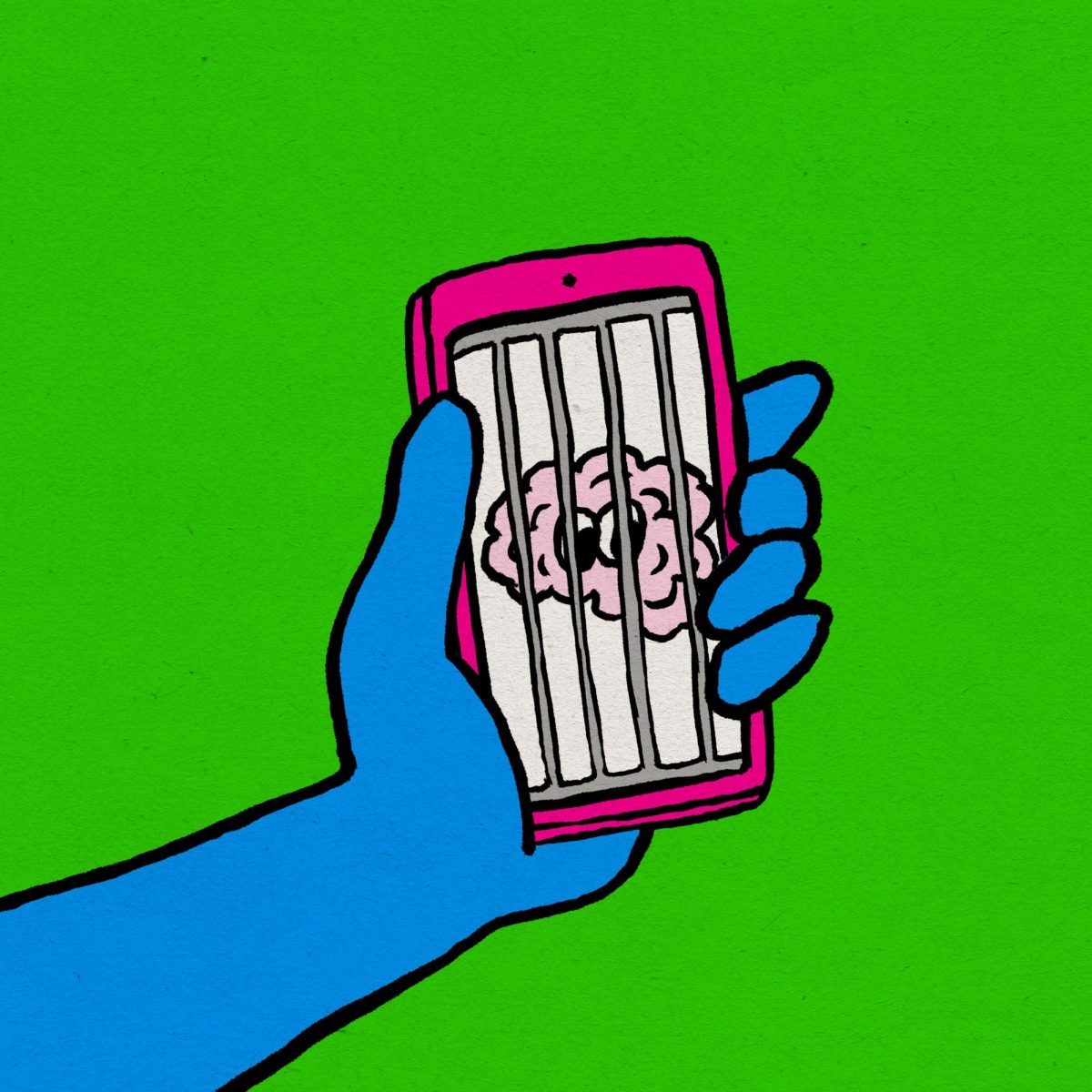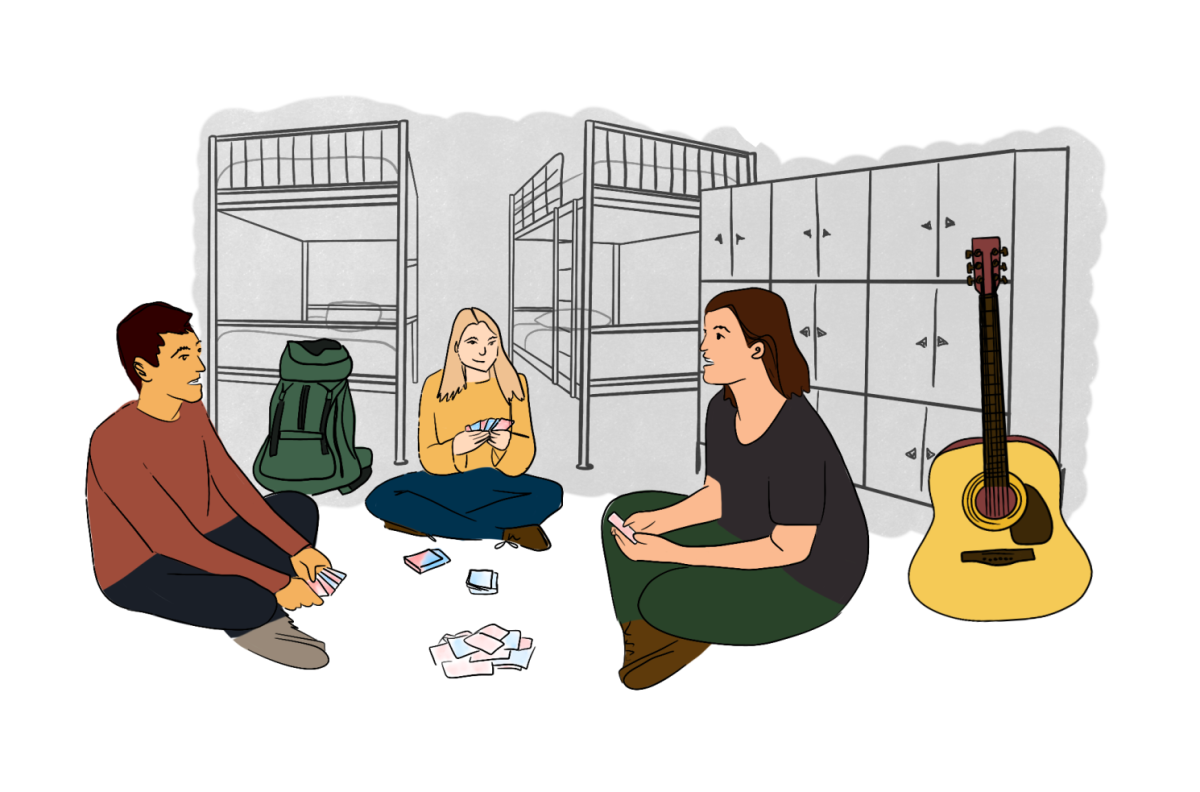Latinidad — a term that refers to a shared experience amongst individuals with Latine descent — is a lie. One term cannot, in my opinion, be used as a way to distill all of the various identities Latine individuals have into one shared descriptor.
For the first ten years of my life, I grew up in a predominantly Latine community. From a young age, I was able to expand my worldview to encompass a wide variety of different cultures, ranging all throughout Central and South America. I was thriving and always felt in good company; I was never the only Colombian kid, nor was I ever the only Latine kid. Although my friends and I came from varying national backgrounds, we always enjoyed learning about different cultures by sharing the different kinds of music we listened to and the traditions we practiced. Still, we cultivated bonds from our common experiences as Latine kids in the United States. Our parents worked in very similar careers and went to similar spots in town, so we connected through our shared lifestyles. And, of course, we bonded over speaking another language: Spanish. We’d consider it our “secret language,” as others wouldn’t understand what we were saying.
I believed that this bond was Latinidad, but throughout my first year at Colgate University, my understanding of this concept has faltered entirely. While it appeared to me that I was at the forefront of a grand cultural exchange during my childhood, in reality, my experience was contained in a minuscule bubble within a larger conversation on the worldwide Latine population.
A major issue when it comes to Latinidad is its responsibility in erasing BIPOC representation from the Latine image. An important distinction that many people often fail to make is that by identifying as Latine, you’re prescribing yourself to an ethnic identity, not a racial identity. In short, Latine is an ethnicity, not a race. Latine individuals can be white, black and indigenous as well as mixed-race. The discussion around Latinidad only ever encompasses white Latine people. This is because white Latine people are able to reap the title of being Latine while also holding the white privilege, allowing them to be the loudest voices. As a result, Indigenous and Afro-Latine people are never brought into the conversation, even though they are integral parts of Latine culture, notably when it comes to music and cuisine.
Cumbia, salsa and bachata are all popular music and dance genres that have roots in Indigenous and Afro-Latine cultures throughout Latin America. Popular foods like arepas, pupusas and tacos all originated in Indigenous communities. There are so many facets of Latine culture that come from these very communities, but they seem insignificant to the white-centric image of Latinidad.
Colgate doesn’t appear to offer much space for Latine-Indigenous and Afro-Latine communities, and our school also holds little space for different nationalities within Latin America. Although I’ve met students from all over Latin America, it seems like any Latine-centered event on campus centers around Mexican culture, which I feel is an area of weakness for Colgate’s Latin American Student Organization (LASO). There doesn’t seem to be any events on Colgate’s Events Calendar that center themselves around other Latine groups, both nationality-wise and race-wise.
Of course, the ALANA Cultural Center has also been a contributor to this conversation with numerous events held during Hispanic Heritage Month, such as the Alejandro Brittes Quartet Dialogue. The bringing of the Tzotzil Maya rock band Sak Tzevul to campus in March was also an influential step in changing the misguided narrative of Latinidad; however, this should not be where Colgate stops, but rather where Colgate continues to expand its representation of Lantine individuals. There was also an event with Camp Tabonuco held in September, sponsored by the Africana and Latin American studies program and the LGBTQ studies program. These events have allowed students the opportunity for exposure to various communities and their relationships to music and agriculture. Nevertheless, there needs to be a widely publicized event that reaches the heart of the issue of Latinidad. I believe that ALANA could be an essential figure in this conversation.
All of these factors contribute to the monolith that is Latinidad. Latinidad is not just white Latine people, nor is it only Mexican people. Because of all the different kinds of people that identify with the “Latine” label, there is no way that a single term can encompass such a diverse international population, especially since there are so many smaller communities within said identity. This has caused many to drop the “Latine” label and opt for more specific labels that do a better job of describing their cultural and ethnic identities, since Latinidad has failed to do so.
I think it would be extremely difficult and nearly impossible for Latinidad to truly exist; it would involve a deep change in a way of thinking, mainly acknowledging and accepting Indigenous and Afro-Latine peoples and understanding that groups can be synthesized without being homogenized. Instead of pushing the narrative of homogeneity, Latinidad should center around solidarity and support amongst these different Latine groups, so all can be represented while existing alongside each other.











